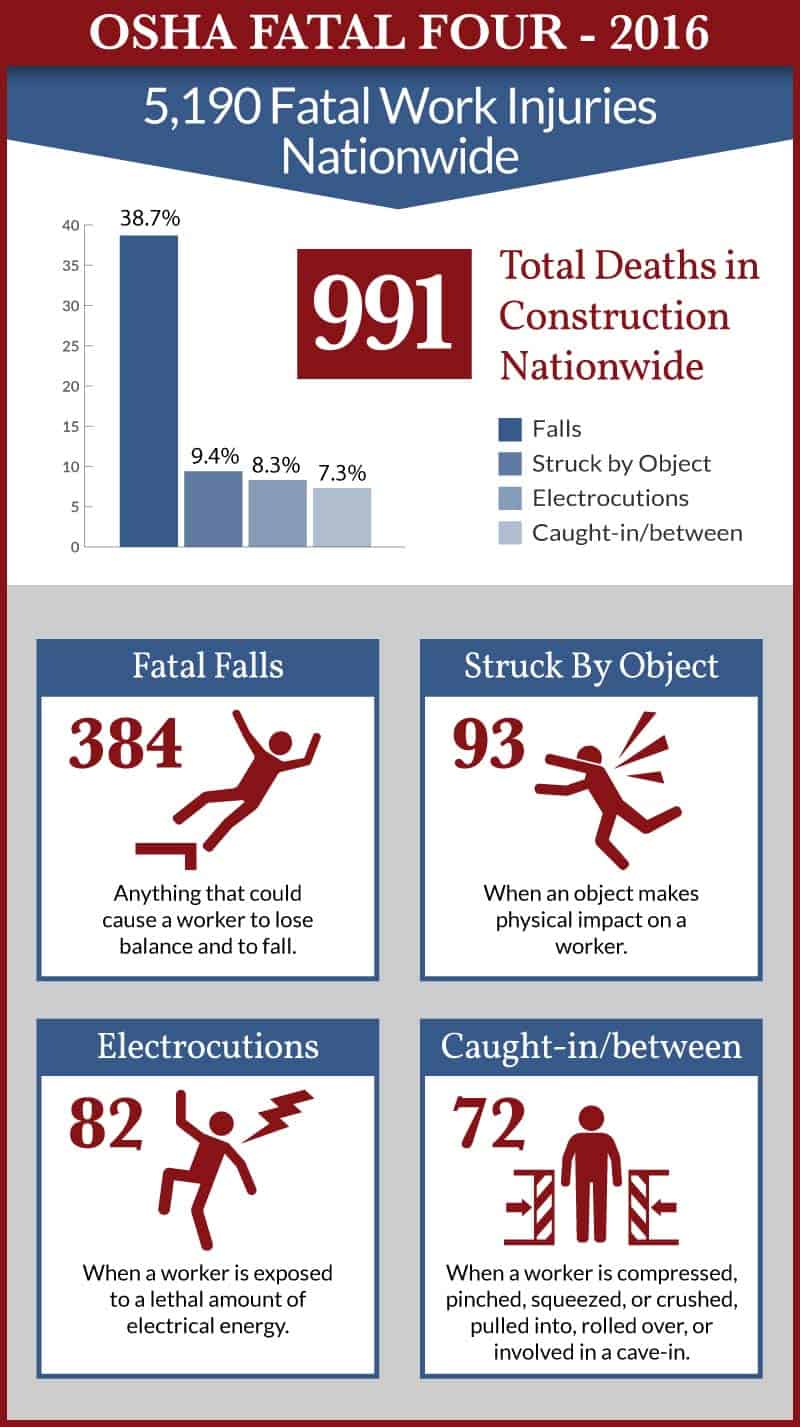Developed Carpal Tunnel Syndrome While on the Job

With occupational occurrences of Carpal Tunnel Syndrome (CTS) leading to more than 27 days of missed work, this condition and its symptoms should not be ignored. In fact, the Centers for Disease Control and Prevention (CDC) reports that 23% of those who undergo surgery will not return to their previous occupation. However, with such a slow onset, many will not realize the severity of their condition until it is too late.
In Pennsylvania, CTS brought on by an individual’s occupation qualifies for Workers’ Compensation. Therefore, it is important to recognize the condition as well as the symptoms to look for in identifying it. While an individual has 120 days from a diagnosis to report CTS to their boss and file a Workers’ Compensation claim, the road to being approved to receive compensation may not be so simple. After all, one must first prove that the condition is, in fact, related to one’s job.
What Are the Most Common Jobs That Experience Carpal Tunnel Syndrome?
Let us take a look at some of the most common occurrences of CTS in work-related scenarios. For starters, CTS is known to affect those in fields that require repetitive hand motions, such as:
- Production Workers: Assembly line and factory workers.
- Construction workers: Welders and those in the mechanical, electrical, plumbing, and carpentry trades.
- Material Movers: Equipment operators and packaging handlers.
- Beauticians: Those who cut hair and provide massages.
- Office Administrative Staff Members: Those who operate computers for a living.
There are many other jobs as well that can lead to CTS, so do not rule yours out.
What Are the Symptoms?
Seek medical attention if you experience any of the following symptoms:
- Tingling or numbness in the hands, particularly in the thumb, index, middle, and ring fingers.
- Weakness or an inability to grasp objects.
- Pins and needles feeling in the fingers that feel like an electrical shock or a traveling burning sensation.
- Pain in the hands that seems to increase while sleeping.
Simply put, CTS occurs when the median nerve that runs along the palm and through the hand is compressed. According to the Mayo Clinic, it ranks among one of the most common conditions known to affect the hands. Treatment depends on the severity and ranges anywhere from hand splints, medications, and exercise to surgery to reduce the compression of the nerve.
How Do I File a Workers’ Compensation Claim?
Anyone who discovers they are suffering from CTS as a result of a work-related situation should take the proper steps to document the condition and the process to make the diagnosis. This includes doctor visits, physical therapy, any cortisone shots or medication taken to alleviate the condition, any tests or scans used to diagnose it, and certainly any surgery that is required to address it.
Since some insurance companies will fight the claim and your right to be compensated for the injury, it is best to seek assistance from a lawyer with experience and knowledge in this field. Depending on the circumstances, an individual may qualify for full or partial disability and may be able to recoup all or a portion of wages as well as future wages if they are unable to return to their previous employment position.
Seek Assistance with Your Claim from the Philadelphia Workers’ Compensation Lawyers at Freedman & Lorry, P.C.
The Philadelphia Workers’ Compensation lawyers at Freedman & Lorry, P.C. will not only answer your questions, but they will make sure you fully understand the process of claiming Workers’ Compensation for this sometimes-debilitating condition. Call 888-999-1962 or fill out our online form for a free consultation. Our offices in Philadelphia and Cherry Hill, New Jersey, proudly serve clients in Pennsylvania and New Jersey.
